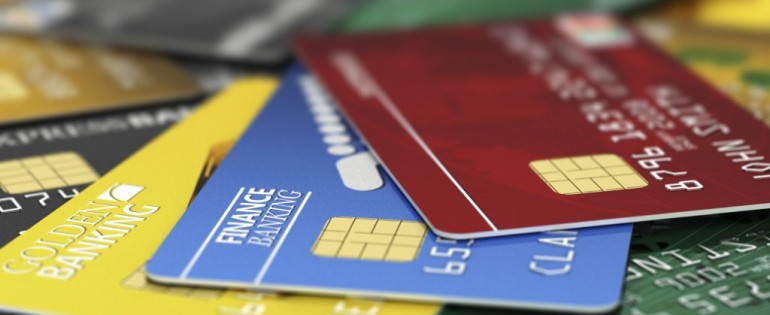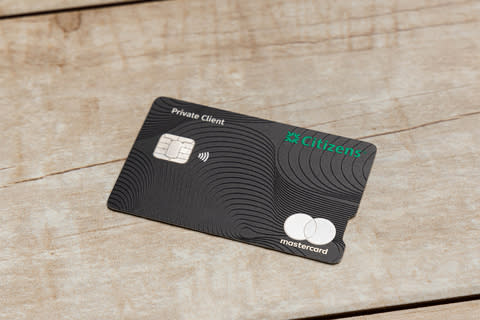When deciding whether to use credit cards or debit cards in the United Kingdom, it’s essential to understand the key differences between these two types of payment cards. Each has its benefits and drawbacks, and choosing the right one depends on your financial habits and needs. In this blog post, we will explore the distinctions between the two, helping you make an informed decision.
Understanding the contrasts between these cards can aid in better financial planning and management. While they might look similar, their functionalities and implications for your finances are distinct. Let’s dive into the details.
Page Contents
ToggleFinancial implications of using credit cards in the UK

Credit cards allow users to borrow money up to a predetermined limit set by the card issuer. The borrowed amount can be used for purchases and paid back later, usually with interest if not paid off in full each month.
These cards are particularly useful for building a credit history, which can be beneficial for obtaining loans or mortgages in the future. One of the main advantages of using credit cards in the UK is the consumer protection they offer.
Under Section 75 of the Consumer Credit Act, purchases between £100 and £30,000 are protected if something goes wrong with the product or service. This can provide peace of mind, especially for significant purchases.
However, it’s important to manage credit card usage wisely. Accumulating debt on these cards can lead to high-interest charges, which can become unmanageable if not controlled. Additionally, missed payments can negatively impact your credit score, making it harder to borrow money in the future.
Building credit history
Using a credit card responsibly can help build a positive credit history. Paying off the balance in full each month demonstrates to lenders that you are a reliable borrower. This can lead to better lending terms in the future, such as lower interest rates on loans and mortgages.
It’s advisable to keep the credit utilization ratio low, ideally below 30%. This means not maxing out your credit limit and keeping outstanding balances at a manageable level. Regularly monitoring your credit score can also help you stay on top of your financial health.
Consumer protection
Credit cards in the UK offer significant consumer protection under Section 75 of the Consumer Credit Act. If you purchase a product or service that turns out to be faulty or if the company goes bankrupt, you can claim a refund from the credit card provider.
This protection applies to purchases between £100 and £30,000. This safety net can encourage the use of credit cards for larger purchases, providing an extra layer of security. It’s essential, however, to ensure that you understand the terms and conditions of your card issuer regarding claims and refunds.
Practical uses of debit cards in the UK
Debit cards, unlike credit cards, allow you to spend money directly from your bank account. This means that you can only spend what you have, which can help in maintaining a budget and avoiding debt. When you use a debit card, the funds are immediately deducted from your account. One of the primary benefits of debit cards is that they help users avoid the temptation of overspending.
Since you can only use the money in your account, it encourages disciplined spending and financial management. Additionally, debit cards usually do not involve any interest charges, as you are not borrowing money.
Budget management
Debit cards are an excellent tool for managing your budget. Since you are spending your own money, it’s easier to keep track of your expenses and avoid debt. This can help you develop good financial habits and maintain a healthy relationship with money.
Using debit cards can also provide a clearer picture of your spending patterns. Many banking apps offer detailed transaction histories, which can assist in identifying areas where you can cut back or save more. This is a valuable feature for those looking to enhance their financial discipline.
Lower costs
Debit cards do not typically come with the same fees and interest rates associated with credit cards. Because you are not borrowing money, there are no interest charges, which can save you a significant amount over time.
While there may be some fees associated with certain types of transactions, such as foreign purchases or ATM withdrawals, these are often lower than credit card fees. It’s important to review the terms associated with your specific debit card to be aware of any potential charges.




